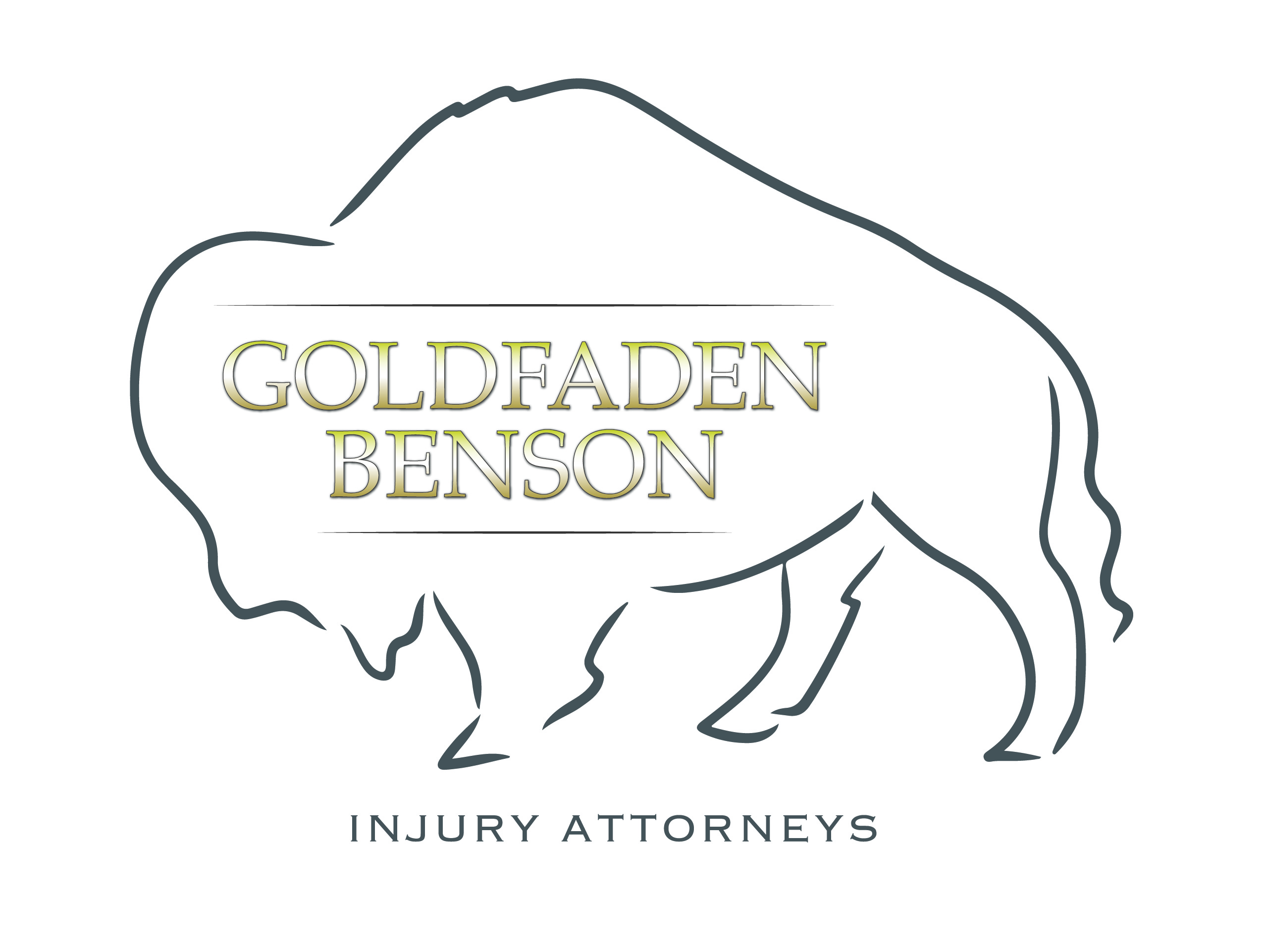Understanding Premises Liability in Personal Injury Cases
When it comes to personal injury claims, the topic of premises liability is vital. Premises liability holds property owners or those who control a property responsible for injuries that occur due to unsafe conditions on their premises. Understanding how these claims work can help clarify what needs to be proven in a case of negligence.
What You Need to Prove in a Premises Liability Claim
In a premises liability case, if an individual claims harm caused by a property owner's negligence, they must establish the following essential elements:
1. **Control of the Property**: The plaintiff must show that the defendant owned, leased, occupied, or controlled the property where the incident occurred. This establishes a duty of care owed by the defendant to the plaintiff.
2. **Negligent Maintenance**: The plaintiff must prove that the defendant was negligent in how they used or maintained the property. This could include failing to fix a broken railing, not managing wet or slippery surfaces, or neglecting necessary repairs.
3. **Harm Suffered**: It must be demonstrated that the plaintiff suffered a specific harm or injury as a result of the negligence of the defendant.
4. **Causation**: Lastly, there has to be a direct link showing that the defendant's negligence was a substantial factor in causing harm to the plaintiff. This means the court would have to find that had the defendant acted more responsibly, the injury would not have occurred.
Relatable Real-Life Scenarios
Consider a scenario where someone slips and falls in a grocery store due to a spilled liquid that has not been cleaned up. The injured person would need to prove that the store owner was aware of the spill or should have been aware, failed to clean it up or warn customers, and that this negligence led directly to their injury.
Keeping It Simple
If querying whether you have a case involving premises liability, the positive news is that California law seeks to protect individuals injured due to negligence on someone else's property. If you can establish control of the property, negligence in maintenance, harm suffered, and a causal relationship between the negligence and the harm, you may have a strong basis for a premises liability case.
At Goldfaden Benson, we see the real impact of these cases every day. If you have additional questions about your specific situation or need more clarification, please reach out or visit our website for more information on our practice areas. Your safety and understanding of your rights are our top priorities, so don’t hesitate to contact us to discuss your concerns.







